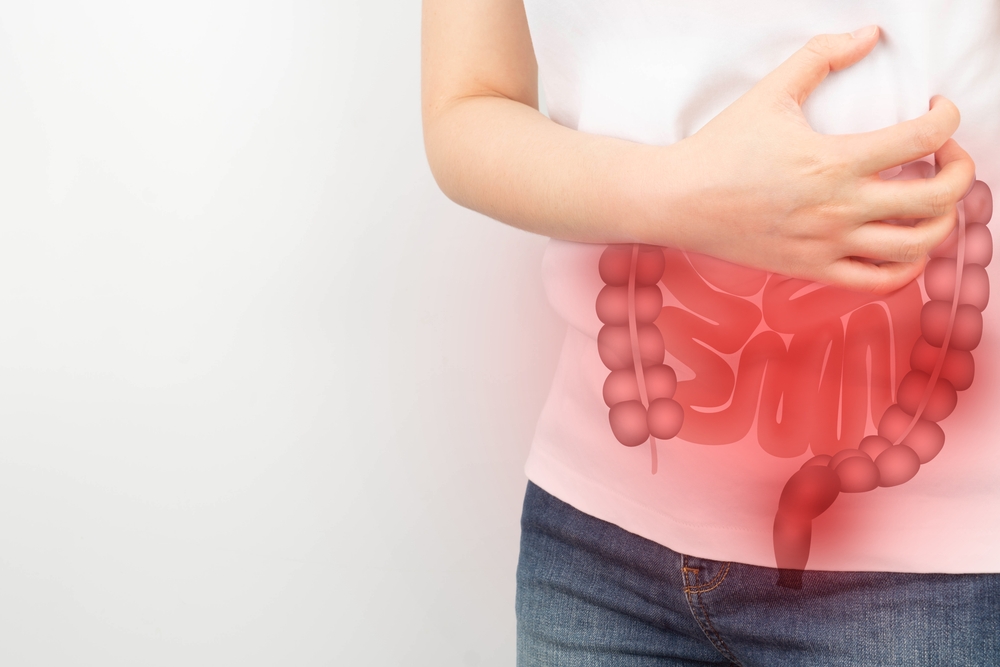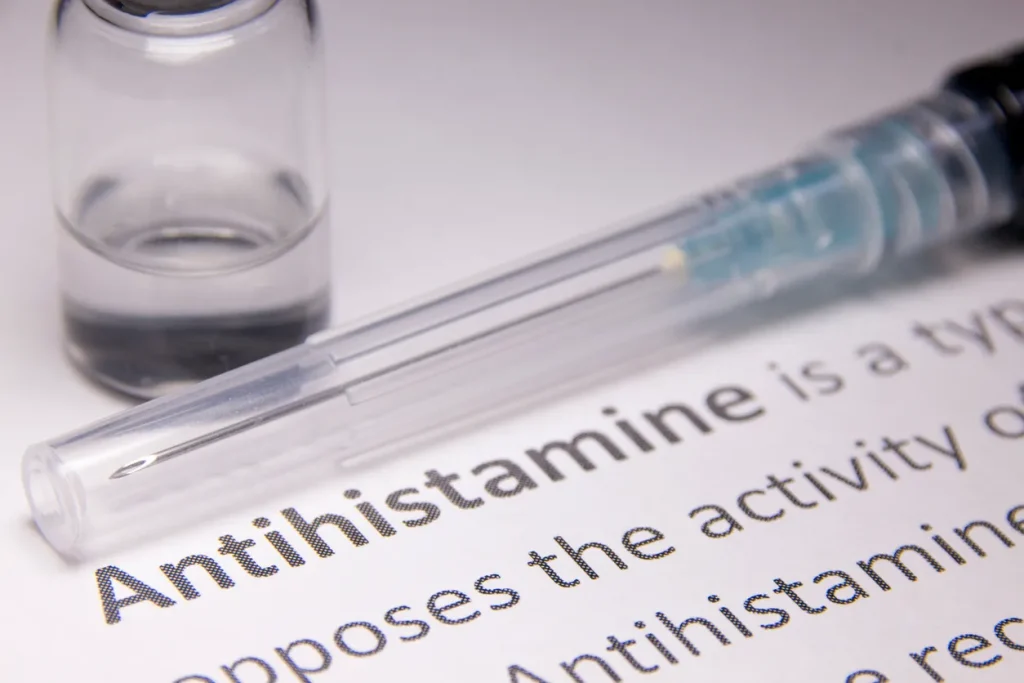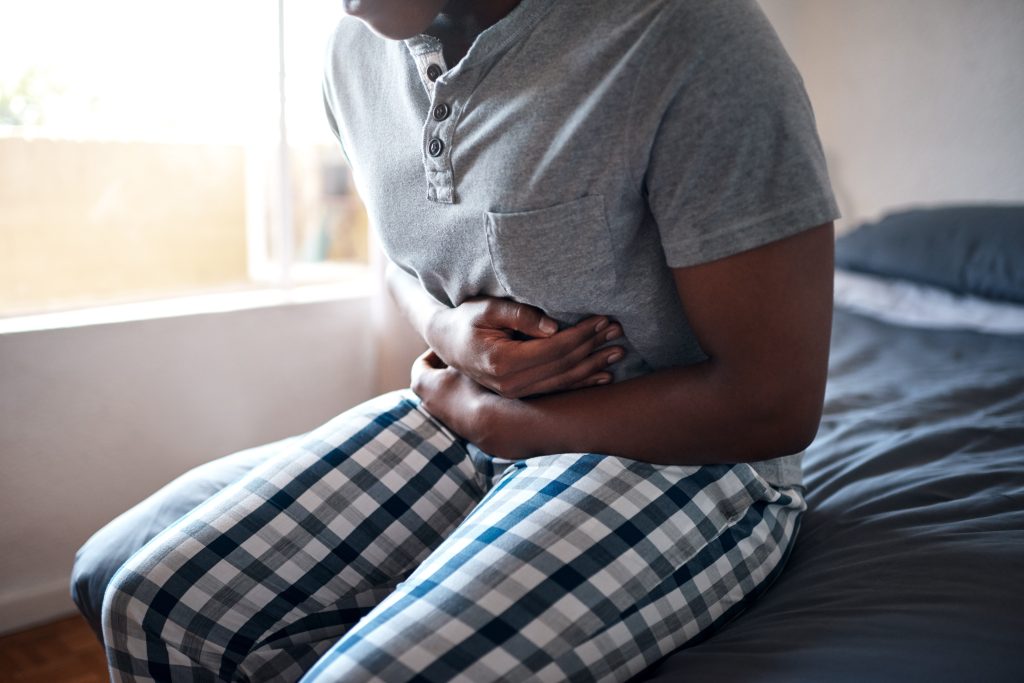Abdominal pain and diarrhea are common symptoms that can significantly disrupt daily life. Understanding their causes, recognizing their symptoms, and managing and treating these conditions are crucial for maintaining overall health and well-being. This article delves into the critical aspects of abdominal pain and diarrhea, providing valuable insights and practical advice.
Common Causes of Abdominal Pain and Diarrhea
Abdominal pain and diarrhea can result from various factors, from infections to chronic diseases. Some of the most common causes include:
- Infections: Bacterial, viral, or parasitic infections can lead to gastroenteritis, characterized by inflammation of the stomach and intestines, resulting in diarrhea and abdominal pain.
- Food Intolerances and Allergies: Lactose intolerance, gluten sensitivity, and other food allergies can trigger digestive distress.
- Irritable Bowel Syndrome (IBS): A chronic condition affecting the large intestine, IBS often causes abdominal pain, cramping, and changes in bowel habits, including diarrhea.
- Inflammatory Bowel Disease (IBD): Conditions like Crohn’s disease and ulcerative colitis cause chronic inflammation of the digestive tract, leading to severe abdominal pain and diarrhea.
- Medications: Certain medications, such as antibiotics and nonsteroidal anti-inflammatory drugs (NSAIDs), can cause gastrointestinal side effects.
- Stress and Anxiety: Emotional stress and anxiety can impact the digestive system, leading to symptoms like abdominal pain and diarrhea.
- Food Poisoning: Consuming contaminated food or water can lead to food poisoning, often severe abdominal cramps and diarrhea.
Recognizing Symptoms of Digestive Distress
Identifying the symptoms of abdominal pain and diarrhea can help in early diagnosis and treatment. Key symptoms to watch for include:
- Persistent or severe abdominal pain
- Frequent, watery stools
- Nausea and vomiting
- Bloating and gas
- Fever
- Dehydration symptoms, such as dry mouth and dizziness
- Blood or mucus in the stool
Effective Treatments for Abdominal Pain and Diarrhea
Treatment options vary depending on the underlying cause of the symptoms. Here are some effective treatments:
- Hydration: Maintaining hydration is crucial, especially when experiencing diarrhea. Oral rehydration solutions (ORS) can help replenish lost fluids and electrolytes.
- Dietary Changes: Following a bland diet (such as the BRAT diet—bananas, rice, applesauce, and toast) can help ease digestive distress. Avoiding dairy, fatty foods, and high-fiber foods is also beneficial.
- Over-the-counter Medications: Anti-diarrheal medications like loperamide can help reduce diarrhea, while antacids and acid reducers can alleviate abdominal pain.
- Probiotics: Probiotics can restore the balance of good bacteria in the gut, aiding in diarrhea recovery.
- Prescription Medications: Doctors may prescribe medications to manage inflammation and symptoms for chronic conditions like IBS or IBD.
- Stress Management: Techniques such as yoga, meditation, and deep breathing exercises can help manage stress and reduce its impact on the digestive system.
Managing Chronic Abdominal Pain with Diarrhea
Chronic abdominal pain with diarrhea requires a comprehensive management plan, often involving lifestyle changes and medical interventions. Key strategies include:
- Regular Medical Check-ups: Ongoing monitoring by healthcare professionals is essential for managing chronic conditions like IBS and IBD.
- Dietary Adjustments: Keeping a food diary to identify and avoid trigger foods can help manage symptoms.
- Medications: Long-term use of specific drugs may be necessary to control inflammation and manage symptoms.
- Lifestyle Changes: Incorporating regular exercise, maintaining a healthy weight, and avoiding smoking can improve digestive health.
- Mental Health Support: Counseling or therapy can help address the emotional aspects of chronic digestive issues.
Tips for Managing Digestive Issues: Pain and Diarrhea
Here are some practical tips for managing abdominal pain and diarrhea:
- Stay Hydrated: Drink plenty of fluids, such as water, herbal teas, and clear broths.
- Eat Small, Frequent Meals: Instead of three large meals, opt for smaller, more frequent meals to reduce the burden on your digestive system.
- Avoid Trigger Foods: Identify and avoid foods that trigger your symptoms, such as spicy foods, caffeine, and alcohol.
- Practice Good Hygiene: Wash your hands regularly to prevent infections that can cause diarrhea.
- Get Enough Rest: Adequate sleep and rest can help your body recover and manage stress.
- Use Heat Therapy: Applying a heating pad to your abdomen can help relieve pain and cramping.
When to See a Doctor for Abdominal Pain and Diarrhea
While many cases of abdominal pain and diarrhea resolve on their own, certain situations require medical attention. Seek medical advice if you experience:
- Severe or persistent abdominal pain
- Blood in your stool
- High fever
- Signs of dehydration
- Unexplained weight loss
- Symptoms lasting more than a few days
Conclusion
Abdominal pain and diarrhea can significantly impact your quality of life, but understanding their causes, symptoms, and treatments can help you manage these conditions effectively. Whether making dietary changes, taking medications, or seeking medical advice, there are various ways to find relief and improve your digestive health. By staying informed and proactive, you can take control of your symptoms and enjoy a healthier, more comfortable life.
Visit our resources for more articles.




